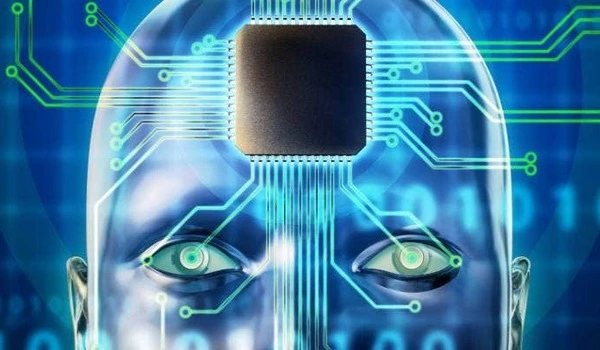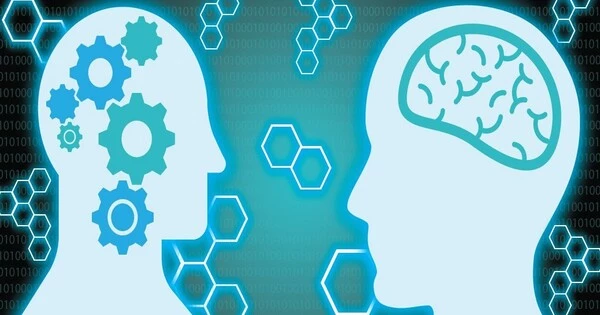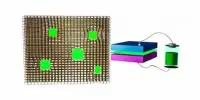Computers are designed to process and manipulate large amounts of data quickly and accurately. They rely on precise calculations and logic operations that are difficult to replicate in biological systems. While researchers have made some progress in developing biological computers that use DNA or other biological materials, these systems are still in their early stages of development and are not yet capable of performing complex computations.
A “biocomputer” powered by human brain cells could be developed within our lifetime, according to Johns Hopkins University researchers who expect such technology to exponentially expand the capabilities of modern computing and create novel fields of study.
The team describes their strategy for “organoid intelligence” in the journal Frontiers in Science today.
“Computing and artificial intelligence have been driving the technological revolution, but they have reached a limit,” said Thomas Hartung, a professor of environmental health sciences at the Johns Hopkins Bloomberg School of Public Health and Whiting School of Engineering who is leading the research. “Biocomputing is a massive effort to compress computational power while increasing efficiency in order to push past our current technological limits.”
We want to compare brain organoids from typically developed donors to brain organoids from autistic donors. The tools we are developing for biological computing are the same tools that will allow us to understand changes in neuronal networks specific to autism without using animals or gaining access to patients, allowing us to understand the underlying mechanisms of why patients have these cognition issues and impairments.
Lena Smirnova
For nearly two decades, scientists have used tiny organoids, lab-grown tissue that looks like fully grown organs, to test kidneys, lungs, and other organs without using humans or animals. Hartung and colleagues at Johns Hopkins have recently been working with brain organoids, orbs the size of a pen dot that contain neurons and other features that promise to sustain basic functions such as learning and memory.
“This allows for more research into how the human brain works,” Hartung said. “Because you can start manipulating the system and doing things with human brains that are not ethical.”
Hartung began to grow and assemble brain cells into functional organoids in 2012 using cells from human skin samples reprogrammed into an embryonic stem cell-like state. Each organoid contains about 50,000 cells, about the size of a fruit fly’s nervous system. He now envisions building a futuristic computer with such brain organoids.

Computers that run on this “biological hardware” could begin to alleviate the energy-consumption demands of supercomputing that are becoming increasingly unsustainable in the next decade, according to Hartung. Even though computers process numerical and data calculations faster than humans, brains are far more capable of making complex logical decisions, such as distinguishing between a dog and a cat.
“The brain is still unmatched by modern computers,” Hartung said. “Frontier, Kentucky’s newest supercomputer, is a $600 million, 6,800-square-foot installation. Only last June, it surpassed the computational capacity of a single human brain for the first time – albeit with a million times more energy.”
According to Hartung, it could take decades for organoid intelligence to power a system as intelligent as a mouse. He envisions a future in which biocomputers support superior computing speed, processing power, data efficiency, and storage capabilities by scaling up production of brain organoids and training them with artificial intelligence.
“It will take decades before we achieve something comparable to any type of computer,” Hartung predicted. “However, if we do not begin developing funding programs for this, it will be much more difficult.”
Organoid intelligence could also revolutionize drug testing research for neurodevelopmental disorders and neurodegeneration, said Lena Smirnova, a Johns Hopkins assistant professor of environmental health and engineering who co-leads the investigations.
“We want to compare brain organoids from typically developed donors to brain organoids from autistic donors,” Smirnova explained. “The tools we are developing for biological computing are the same tools that will allow us to understand changes in neuronal networks specific to autism without using animals or gaining access to patients, allowing us to understand the underlying mechanisms of why patients have these cognition issues and impairments.”
A diverse consortium of scientists, bioethicists, and members of the public have been embedded within the team to assess the ethical implications of working with organoid intelligence.














